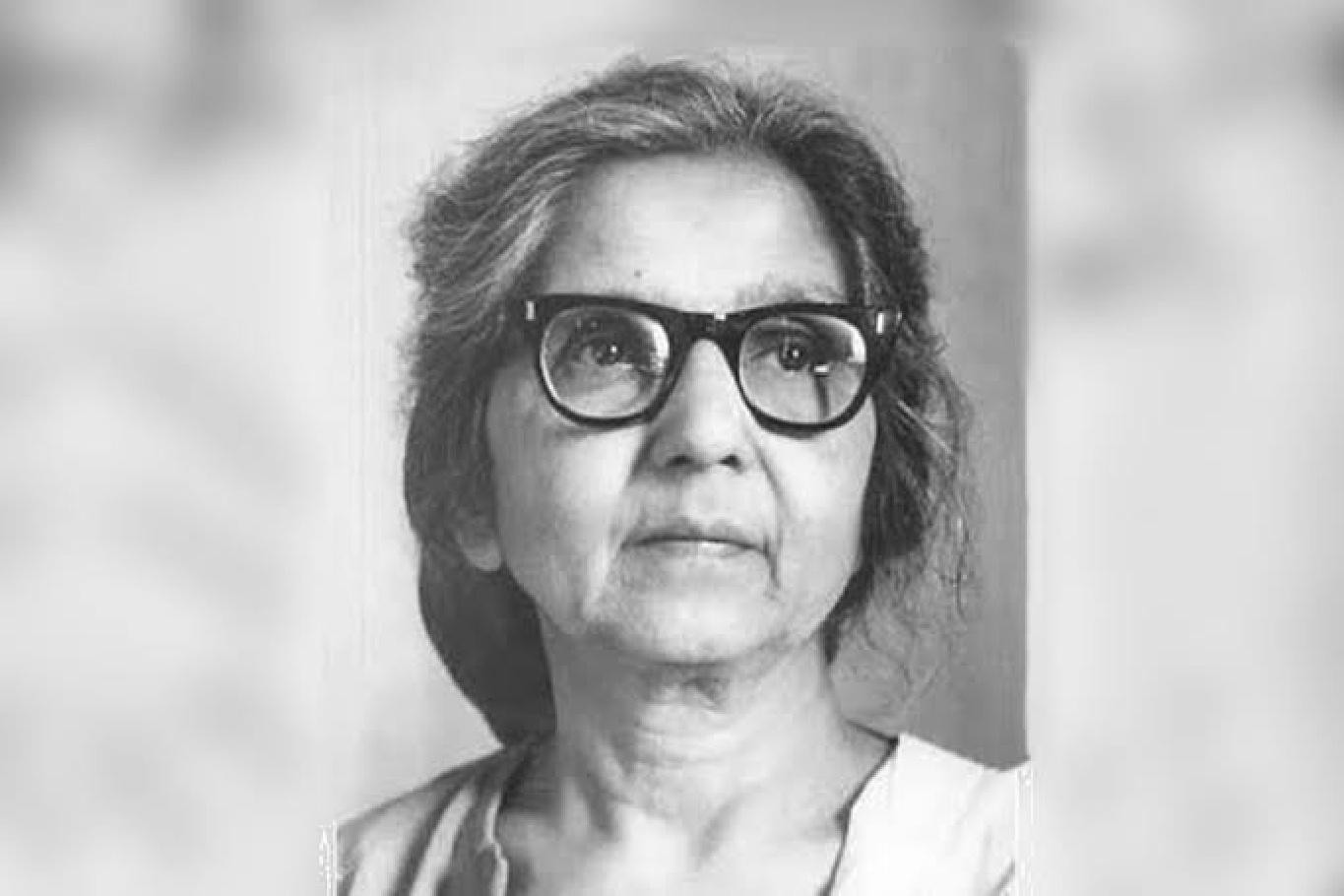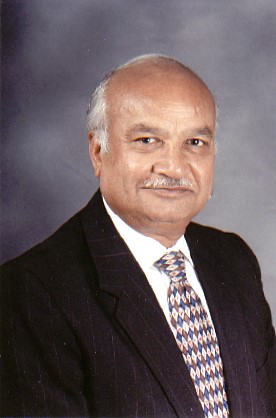
Aruna Asaf Ali, celebrated as one of India’s foremost female freedom fighters, gained prominence during the Quit India Movement in 1942, earning her the title of the “Grand Old Lady of Indian Independence.” Her unwavering commitment to the liberation cause led to her being honored with the Padma Vibhushan in 1992 and the Bharat Ratna in 1997, posthumously.
Born on July 16, 1909, in Kalka, British India, Aruna Asaf Ali hailed from a Bengali Brahmin family. Educated in Lahore, she later became the first mayor of Delhi after India gained independence. Her involvement in various facets of the independence movement, including the Salt Satyagraha and the Quit India Movement, marked her as a fearless political activist.
Despite facing imprisonment in 1932 for her activism, Aruna Asaf Ali remained steadfast in her pursuit of freedom. She continued to advocate for justice, even protesting the mistreatment of her fellow prisoners. Her role in hoisting the Congress flag at the Gowalia Tank Maidan during the Quit India Movement solidified her status as a symbol of courage and resilience.
Beyond her involvement in the independence struggle, Aruna Asaf Ali played a significant role in post-independence politics. She joined the Socialist Party in 1948, later affiliating with the Communist Party of India in the 1950s. Her contributions extended to the realm of women’s rights, as evidenced by her involvement in the formation of the National Federation of Indian Women.
Throughout her life, Aruna Asaf Ali received numerous accolades for her service to the nation, including the International Lenin Peace Prize in 1964 and the Jawaharlal Nehru Award for International Understanding in 1991. Her remarkable legacy continues to be honored, exemplified by the release of a commemorative stamp in her name in 1998, following her passing on July 29, 1996, in New Delhi.









